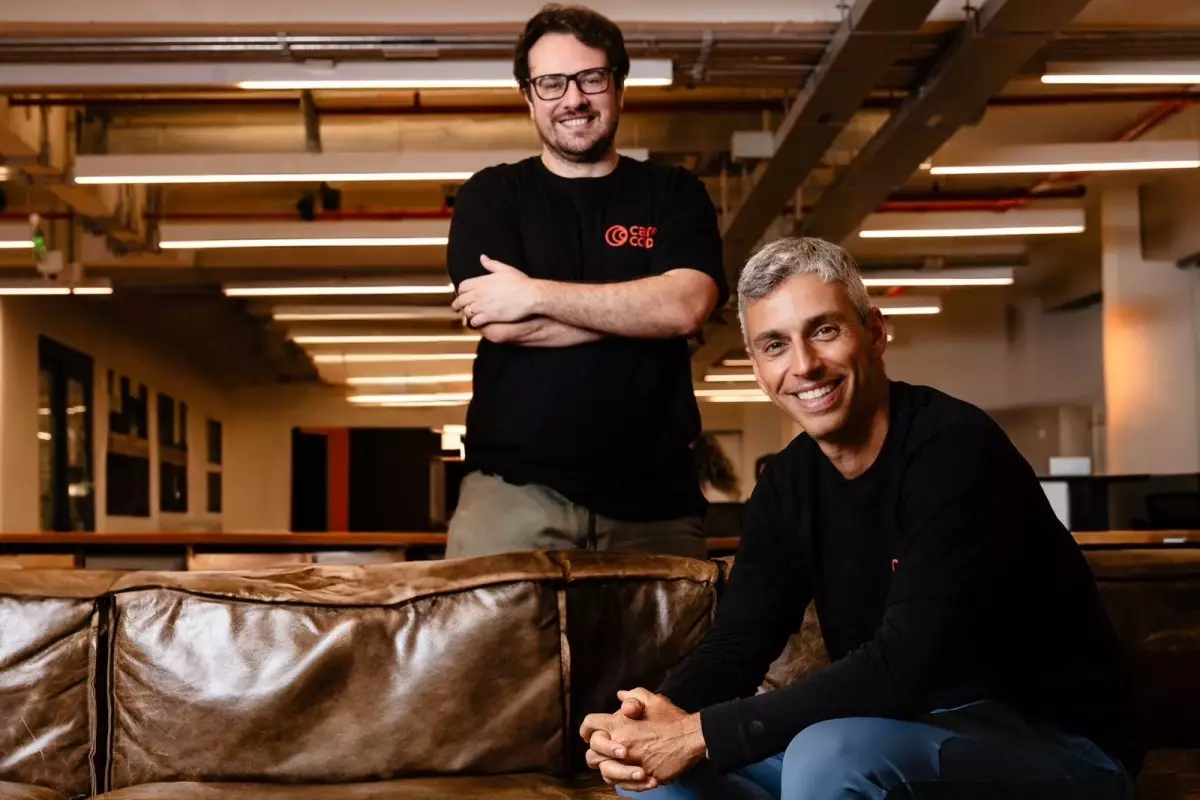Advancements in artificial intelligence (AI) are revolutionizing industries across the globe, and healthcare is no exception. While discussions around AI in healthcare often center on diagnostics, treatment recommendations, or patient care management, a growing number of startups are turning their attention to the operational side of healthcare, particularly in tasks surrounding patient interactions. One such Brazilian startup, Carecode, is stepping into this transformative space with an innovative approach to healthcare administration.
Founded by Thomaz Srougi, a seasoned entrepreneur with a decade of experience in healthcare and a background in the medical service industry, Carecode aims to enhance the patient journey before and after medical appointments—a phase that can greatly influence healthcare outcomes. Srougi believes that much of the value in healthcare lies beyond the actual consultation with doctors, as demonstrated by his previous venture, Dr. Consulta. Through Carecode, he hopes to streamline appointment scheduling and post-visit handling, two critical components that are often mired in inefficiencies and miscommunications.
Carecode’s mission is to create AI-driven solutions to manage mundane yet crucial processes commonly performed by call centers, enabling healthcare providers to focus their efforts on delivering quality medical care. This strategy not only promises to cut costs significantly for healthcare organizations but also improves the overall patient experience by reducing wait times and enhancing follow-up communications.
Despite the prevailing “startup winter” affecting venture capital funding in Latin America, Carecode successfully completed a $4.3 million pre-seed funding round led by prominent investors including a16z and QED Investors. This achievement underscores the confidence investors place in Srougi and his co-founder Pedro Magalhães, who have both established track records in the industry. By leveraging past experiences and the knowledge acquired at Dr. Consulta, Srougi has built a solid foundation for Carecode.
The involvement of high-profile investors in the initial funding round also highlights a shift in how talent and expertise are coveted within the tech landscape. The participation of individuals such as David Vélez from Nubank indicates that there is a robust ecosystem supporting innovation in the Brazilian tech scene, despite broader economic challenges.
One of Carecode’s key differentiators is its commitment to addressing the specific needs of Brazilian users. Understanding that a significant portion of the population prefers communication via WhatsApp, the company has integrated this platform into its service offering. This localized approach not only meets users where they already are but opens up new avenues for engagement with older individuals and lower-income demographics who may struggle with more complex interfaces.
Furthermore, the emphasis on audio messaging resonates with the communication preferences of many Brazilian users. Srougi points out that this capability aligns with the desire for simplicity and accessibility in healthcare communication, especially for demographics that may not be as comfortable with text-based interactions.
While many tech startups adopt a horizontal approach to cater to various industries, Carecode’s vertical focus on healthcare sets it apart from its competitors. By concentrating on healthcare’s unique requirements, the company positions itself to deliver highly specialized solutions that meet the industry’s administrative needs more effectively than broad-spectrum solutions.
Healthcare providers currently allocate a staggering 50% of their revenue—approximately $100 billion annually—on contact center operations and administrative payroll. Carecode’s targeted strategy aims to reduce these exorbitant costs, suggesting notable savings for healthcare systems and improved resource allocation. As the company establishes its foothold in the Brazilian market, Srougi envisions potential future expansions into adjacent sectors like insurance and payment processing, iterating that healthcare will always be the foundation upon which these services grow.
As AI continues to manifest its capabilities, startups like Carecode illustrate how technological advancements can be harnessed to transform administrative functions in healthcare. By prioritizing efficiency, reducing costs, and improving patient engagement, Carecode is well-positioned to disrupt the traditional call center model in healthcare while addressing the complexities specific to the Brazilian market.
With a vision rooted in enhancing healthcare experiences and a promising trajectory for future growth, there is significant potential for Carecode to navigate and innovate within the rapidly evolving healthcare landscape. Ultimately, by aligning operational efficiencies with patient-centered care, Carecode is poised to create a lasting impact on both the healthcare system and the individuals it serves.

